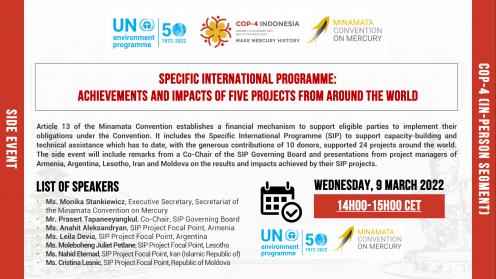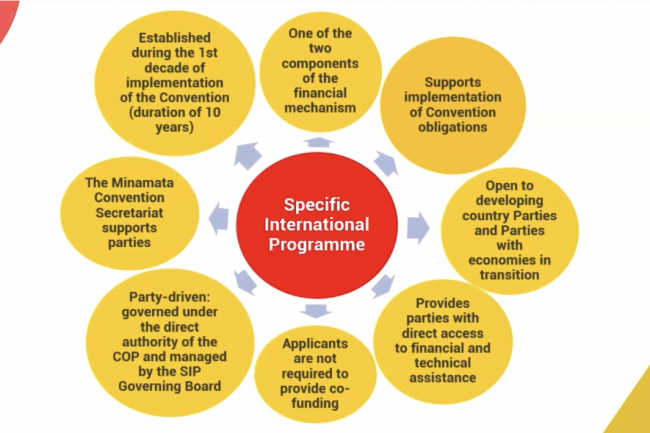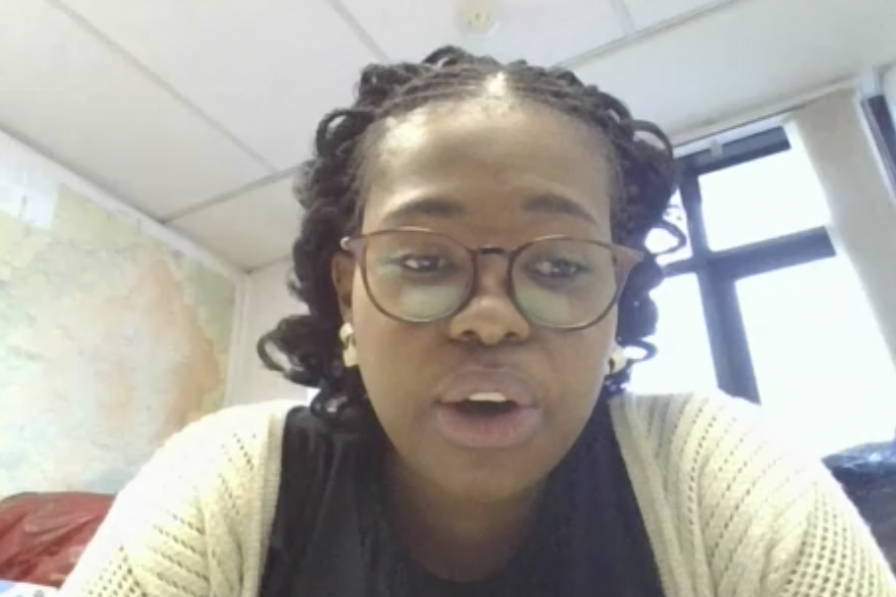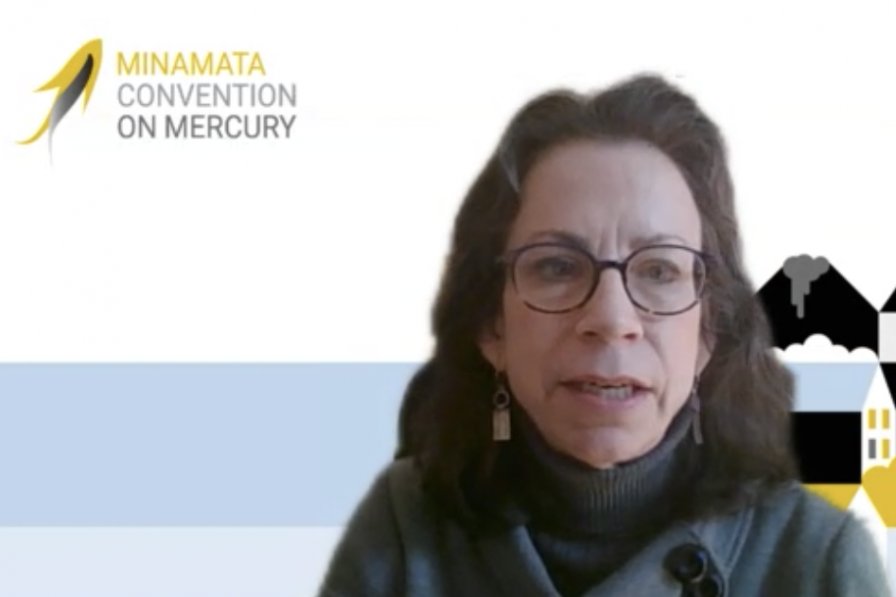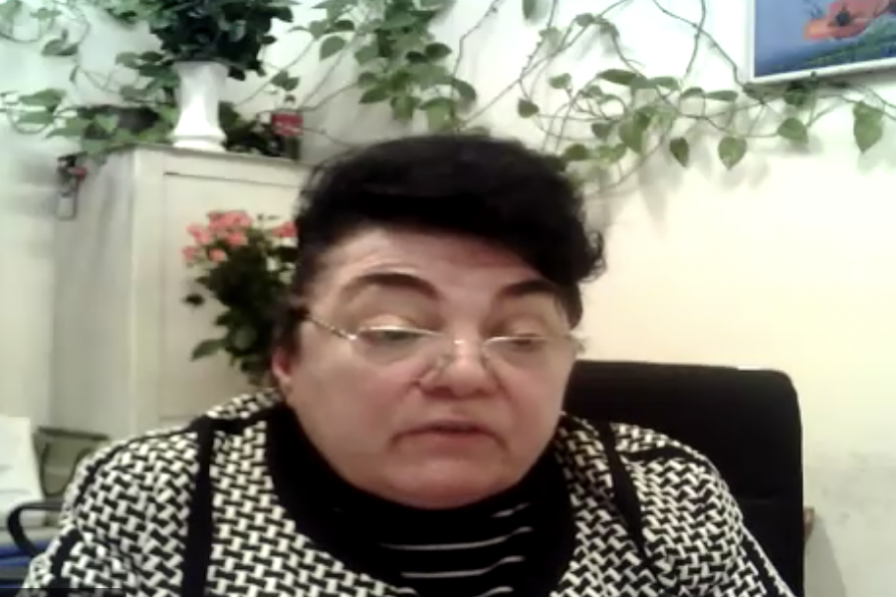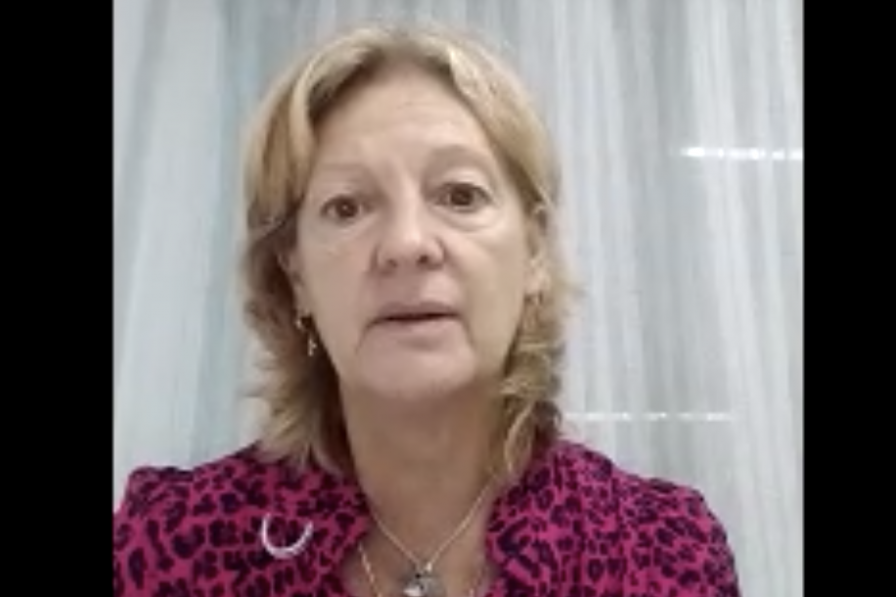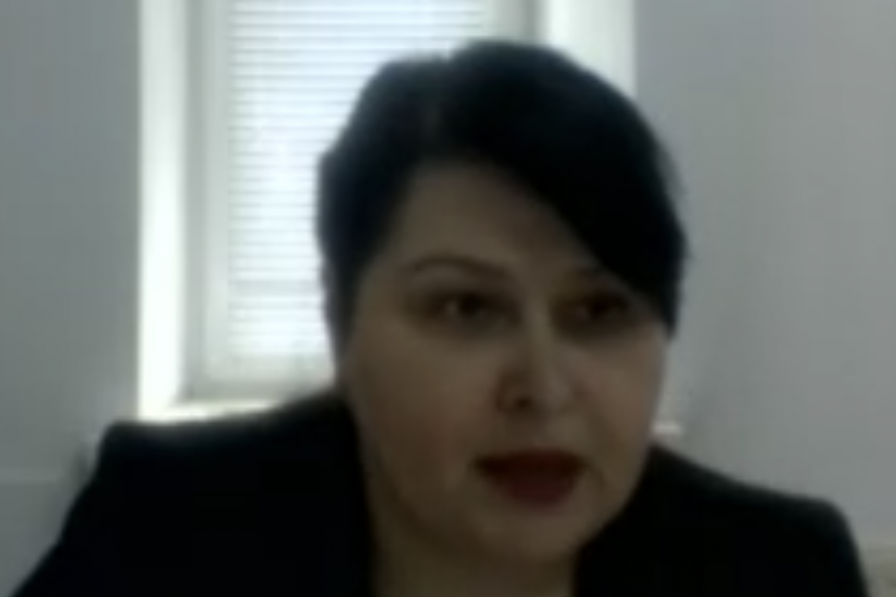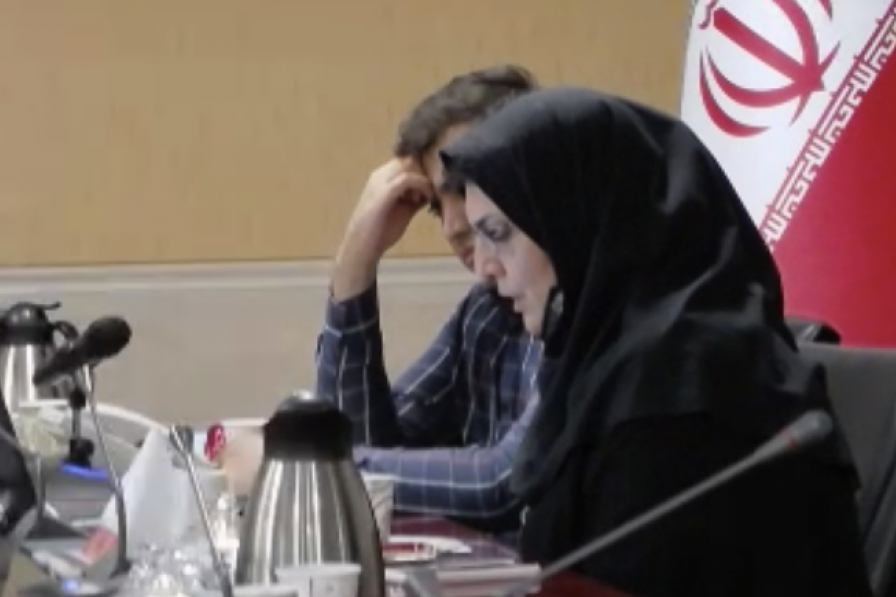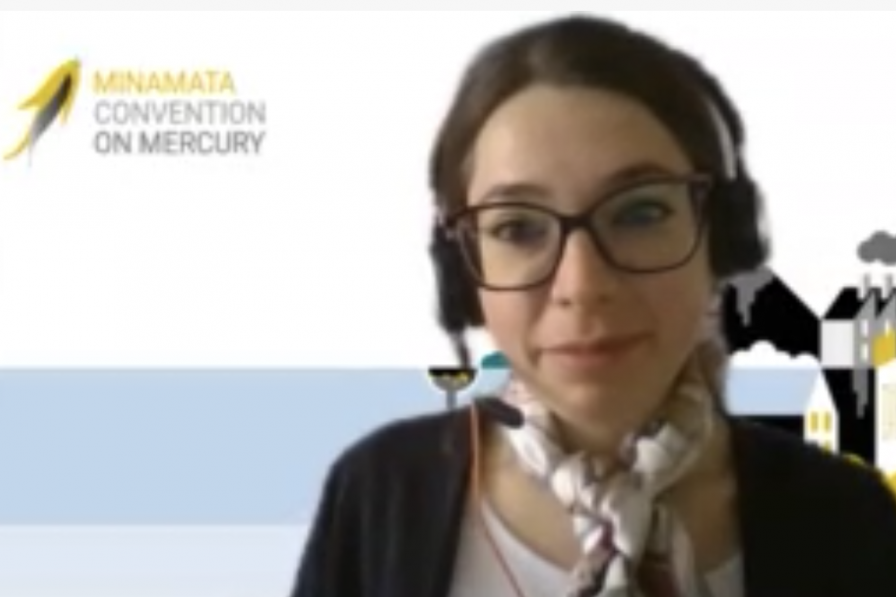This virtual side event for the Fourth Meeting of the Conference the Parties (COP-4) of the Minamata Convention on Mercury focused on examples from five recipients of grants from the Convention's 10-year Specific International Programme (SIP) to support capacity building and technical assistance of developing-country Parties and Parties with economies in transition to implement their Convention obligations. The event highlighted SIP project achievements and underscored the need to continue donor support for the second half of the Programme.
Monika Stankiewicz, Executive Secretary, Minamata Convention Secretariat, reported that the SIP has supported 24 projects over three rounds of applications in four years. She stressed that it is a direct grant-making mechanism to support capacity building, often through projects too small for the other Convention financial mechanism, the Global Environment Facility (GEF), but which help prepare countries for participating in larger GEF-funded projects.
Prasert Tapaneeyangkul, Co-Chair, SIP Governing Board, said he has seen firsthand the importance of the SIP in supporting capacity building. He noted that the SIP has supported six least developed countries and two small island developing states (SIDS). He reported that the sixth meeting of the Governing Board had called for the mobilization of resources to urgently replenish the trust fund for the SIP and allow the launch of the fourth round of applications.
Anahit Aleksandryan, SIP Project Focal Point, Armenia, reported that her country's project had focused on: determining the quantity of mercury-containing lamps in Armenia; the development of a strategy for the sound collection, storage, transport and processing of such lamps; a review and update of mercury-relevant legislation, which has resulted in a proposal for a new law that is now pending approval; and awareness-raising.
Leila Devia, SIP Project Focal Point, Argentina, said her country's project focused on eliminating mercury-added products and enhancing national capacities for research and mercury surveillance. She outlined measures taken to eliminate mercury-containing batteries, switches and relays, lamps, cosmetics, biocides and measuring equipment, and detailed steps to develop a field team able to evaluate potentially contaminated sites and develop management plans. She highlighted the challenge of procuring and administering technology appropriate to the Argentine context.
Moleboheng Juliet Petlane, SIP Project Focal Point, Lesotho, said her country's project focused on: strengthening national coordination of Convention implementation; inventorying mercury-added product use; conducting market research and cost-benefit analysis of alternatives to such products; developing a phaseout strategy to switch to alternatives; and awareness-raising. She underscored the importance of awareness-raising across many constituencies, including dentists, teachers, retailers, port officials and traditional healers.
Nahid Eternad, SIP Project Focal Point, Iran, detailed how her project aimed at developing guidelines for the decommissioning of a chlor-alkali plant and for managing its wastes and site decontamination. She highlighted areas where the project had assisted with this work, such as data gathering, sampling and analysis, inventorying of wastes and contaminated materials, development of a job hazard analysis and of proposed health and safety actions to protect workers during demolition. She listed some of the lessons learned and methods and tools developed that could be applicable to other projects.
Cristina Lesnic, SIP Project Focal Point, Moldova, said her country's project had four foci: preparation of a legal and institutional framework for Convention implementation; increasing technical and operational capacities of national authorities; tackling exposure to mercury-containing measuring devices in the health care sector; and a workshop for the Central and Eastern Europe region sharing experience on Convention implementation. She noted the development of a communications and awareness-raising strategy. Lesnic reported that the project identified an issue which should be addressed in future projects, namely crime involving mercury-added products.
In response to a question from the audience, Marianne Bailey, Minamata Convention Secretariat, welcomed the idea of developing tools and materials based on the experiences of SIP projects in the first three rounds, and noted Argentina's offer to help develop such materials. She suggested that the Secretariat could pull together best practices and said the Secretariat would discuss the idea with the SIP Governing Board.
Claudia ten Have, Minamata Convention Secretariat, highlighted that the SIP projects show the commitment of these Parties to meet their obligations under Annexes A and B of the Convention, and urged donors to continue supporting the SIP to enable developing countries to successfully implement Convention obligations and make mercury history.
